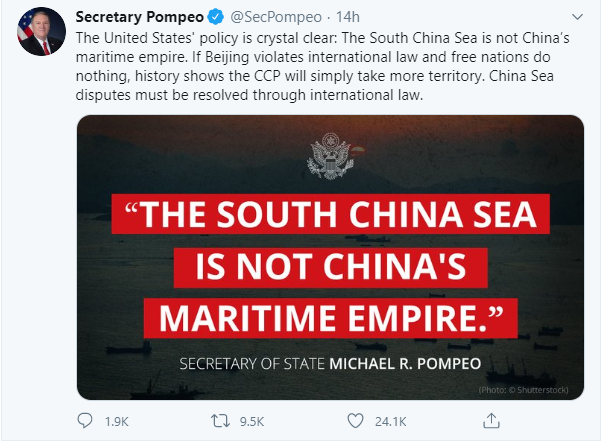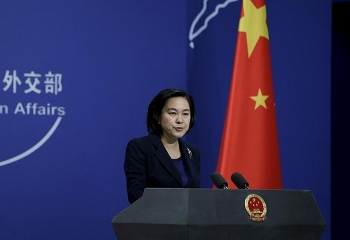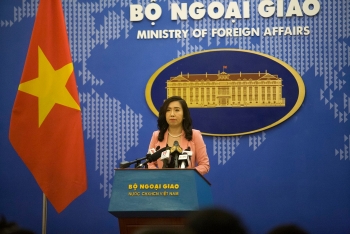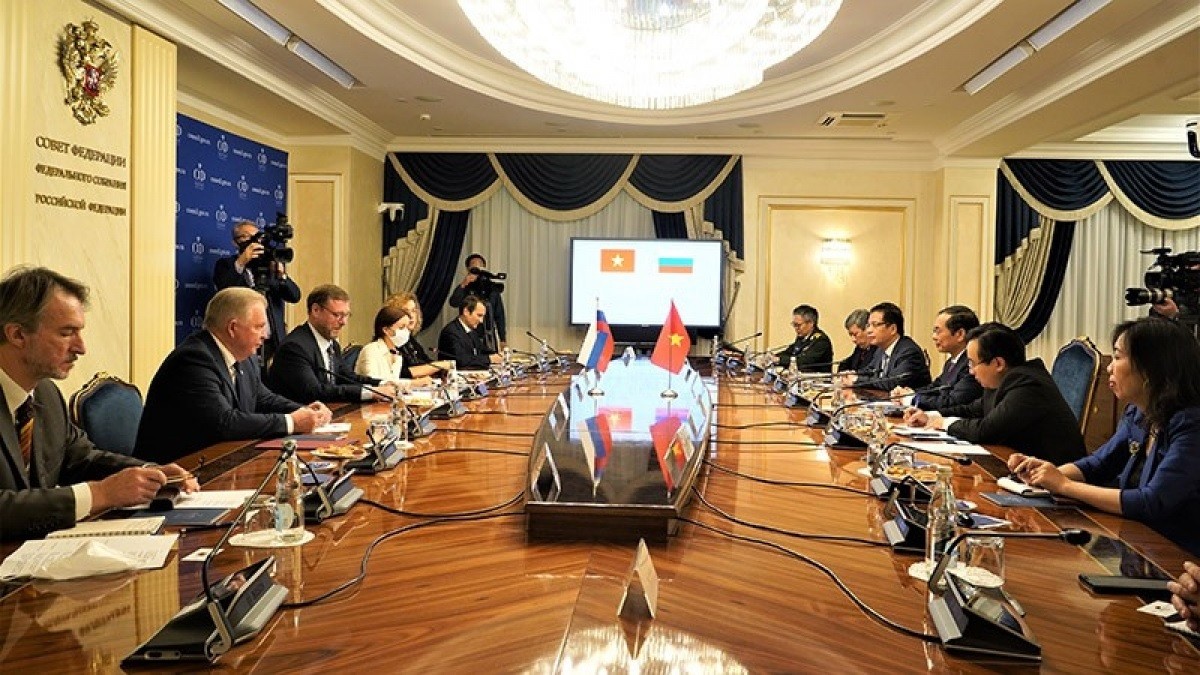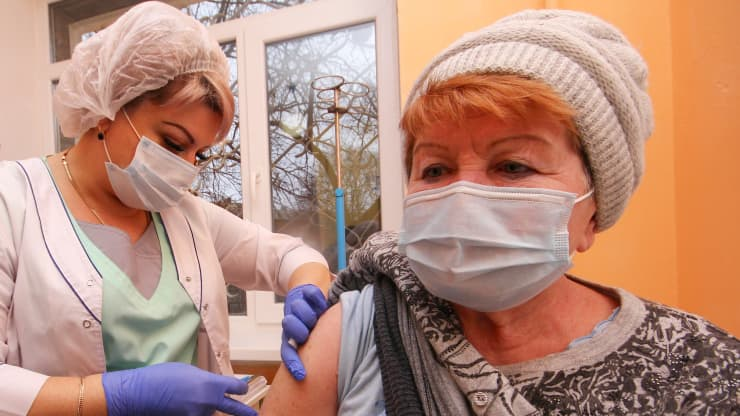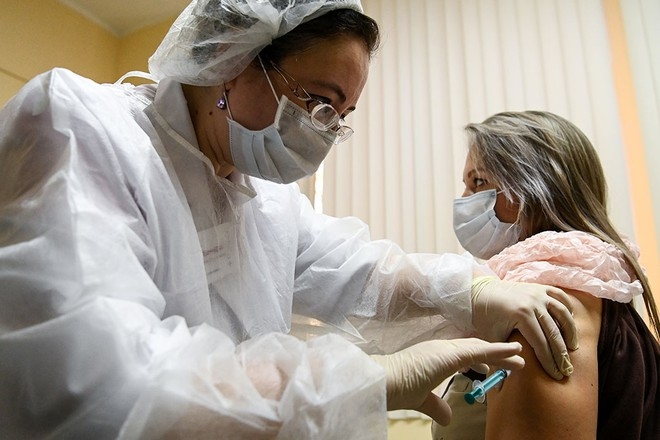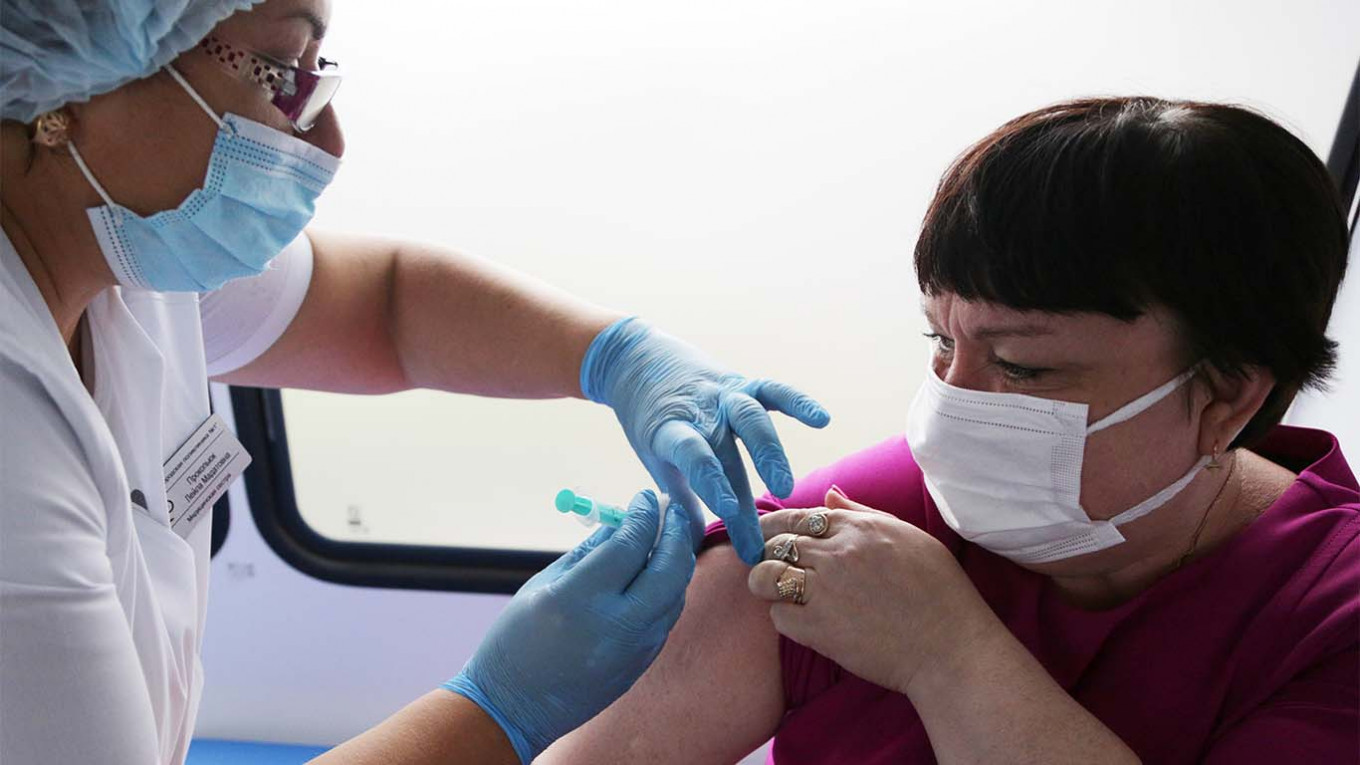Pompeo said the US ‘deeply concerned’ about possibly-poisoned Russian opposition leader
The U.S. government said Tuesday it is “deeply concerned” about medical tests that indicate poisoning in the case of Russian opposition leader Alexei Navalny, currently hospitalized in Germany following a medical evacuation.
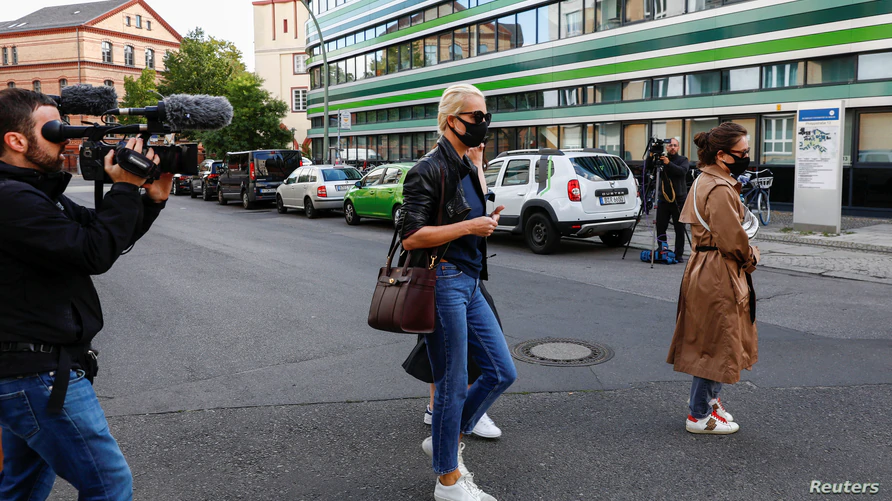 |
| The central building of Charite hospital where Russian dissident Alexei Navalny is treating in Berlin, Aug. 25, 2020. Photo: VOAnews |
"The United States is deeply concerned by reported preliminary conclusions from German medical experts that Russian opposition activist Aleksey Navalny was poisoned," Pompeo said. "If the reports prove accurate, the United States supports the EU's call for a comprehensive investigation and stands ready to assist in that effort.". Secretary of State Mike Pompeo said in a statement, referencing the European Union.
"Mr. Navalny's family and the Russian people deserve to see a full and transparent investigation carried out, and for those involved to be held accountable," he said. "Our thoughts are with Mr. Navalny's family and we hope for his full recovery."
The Russian government has dismissed accusations that it was involved in an attack on Navalny, who remains in an induced coma in Germany’s Charité hospital after becoming sick Thursday while on a flight to Moscow from Siberia. The airline on which the Kremlin critic traveled said it did not serve him food or drink. Navalny was videotaped drinking a cup of tea in an airport café while awaiting his flight to Moscow.
Allies of Navalny contend the Kremlin is responsible for his illness, and some are calling for an investigation into whether President Vladimir Putin was involved.
“These accusations absolutely cannot be true and are rather an empty noise,” Kremlin spokesman Dmitry Peskov told reporters Tuesday in Moscow.
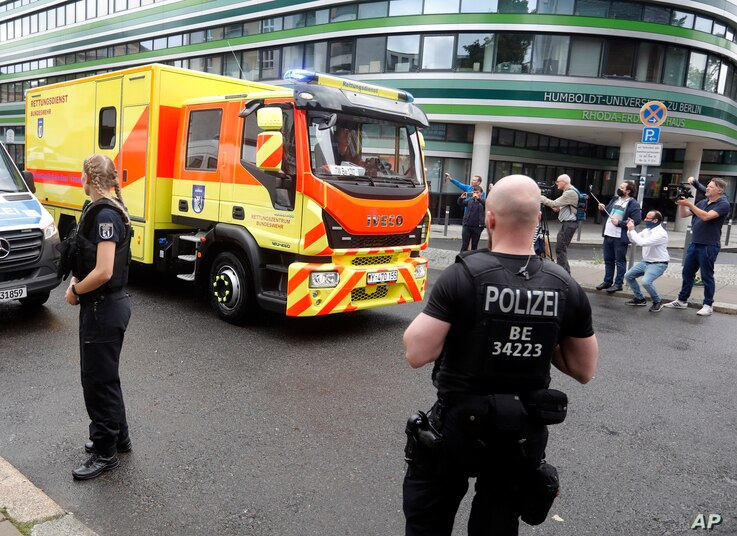 |
| The Charite hospital in Berlin, Germany with the ambulance believed to transport Alexei Navalny arrives on Aug.22, 2020. Photo: VOAnews |
The European Union has called for an investigation, and earlier on Monday, the German government said it was "fairly likely" that Navalny was poisoned and would therefore need special protection.
The Trump administration was largely silent on the matter until Tuesday. Earlier in the day, Deputy Secretary Stephen Biegun "expressed deep concern" about Navalny's condition in a meeting in Moscow with Russian Foreign Minister Sergey Lavrov, according a spokesperson for the US Embassy in Russia, reported CNN.
| Navalny was transferred last Saturday to the Charité hospital, where doctors said Monday the tests revealed signs of “cholinesterase inhibitors” in his system. Cholinesterase is an enzyme that is critical for the normal function of the nervous system in humans, other vertebrates, and in insects. Inhibitors block a chemical, acetylcholine, that transmit signals between nerve cells. Cholinesterase inhibitors are compounds used to alleviate symptoms of dementia, but they also have been found in chemical weapons and pesticides used to kill bugs. |
Peskov said there is no evidence to warrant an investigation into Navalny’s illness and suggested there could have been various causes.
“If a substance is found, and if it is determined that it is poisoning, then there will be a reason for an investigation,” Peskov said.
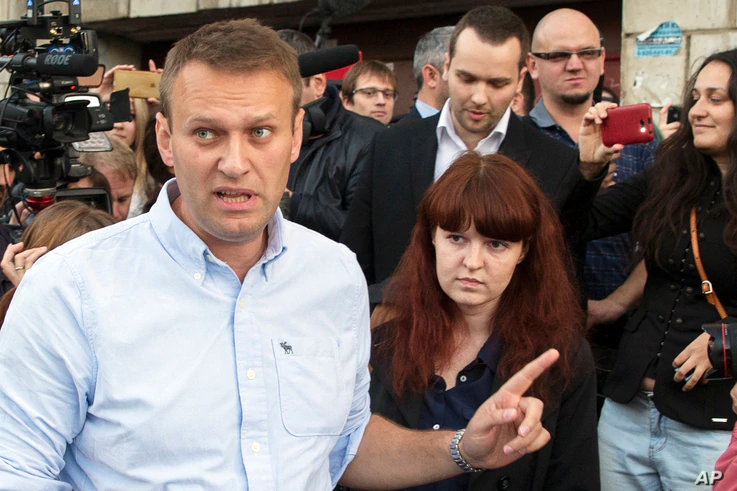 |
| FILE - Russian opposition activist Alexei Navalny (L) and his spokeswoman Kira Yarmysh (C) walk in Kostroma, Russia. Photo: VOAnews |
Navalny’s spokeswoman, Kira Yarmysh, tweeted Tuesday it is not surprising the Russian government is not willing to launch a probe at this time.
“It was obvious that the crime would not be properly investigated, and a culprit found. However, we all know perfectly well who that is,” Yarmysh wrote.
Rebecca Ross, the spokesperson for the U.S. Embassy in Moscow, said in a statement on Twitter on Tuesday that Biegun expressed “deep concern” about Navalny’s condition and “the impact on Russian civil society of reports of his poisoning, and the importance of transparency and freedom of speech in any democratic society.”
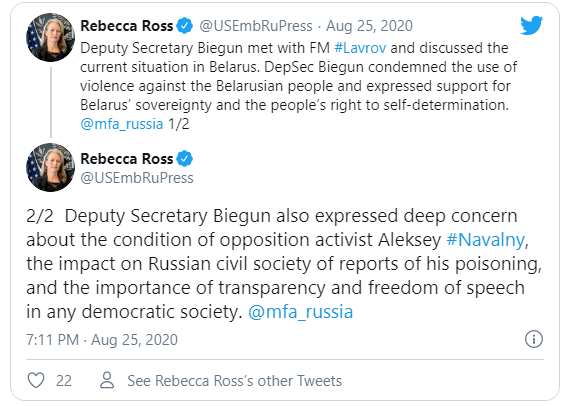 |
Experts have said it is premature to conclude how the agent may have entered Navalny’s system. Some experts have noted that Novichok, the Soviet-era nerve agent used to poison former Russian spy Sergei Skripal and his daughter in Britain more than two years ago, was a cholinesterase inhibitor.
Navalny is a politician and corruption investigator who is one of Putin’s harshest critics. German Chancellor Angela Merkel and other European officials have requested that Russia conduct a full investigation, according to the VOAnews.
U.S. Deputy Secretary of State Stephen Biegun was expected to raise the issue during a visit to Russia that began Tuesday.
The Kremlin has said the German diagnosis is not conclusive and that there’s no reason yet to launch an investigation, Reuters reported. Moscow categorized as “hot air” allegations that Putin was behind the suspected attack.
Two years ago, the Kremlin drew international outrage when it was accused of poisoning Russian-double agent Sergei Skripal and his daughter Yulia in the English town of Salisbury.
U.K. officials connected that poisoning to the Russian chemical weapon Novichok and put the blame on Putin for ordering the attack. The U.S. followed the lead of the U.K. in imposing sanctions on Moscow in that instance, including closing a Russian consulate and deporting dozens of Russian diplomats and intelligence officials from the U.S, said thehill.
The Skripal case, however, was unique in that it was a foreign attack on sovereign U.K. soil, with Navalny's suspected poisoning taking place inside Russia and raising questions for how forcefully the U.S. can respond.
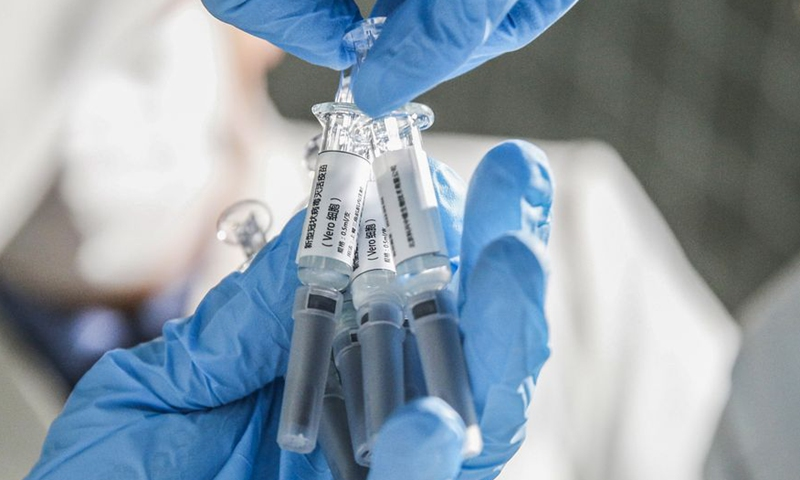 | Chinese Covid-19 vaccine’s price ten times higher than Russian’s According to the head of a major state-owned Chinese pharmaceutical company Sinopharm, its coronavirus vaccine may cost some hundred yuan per shot and around 1,000 ... |
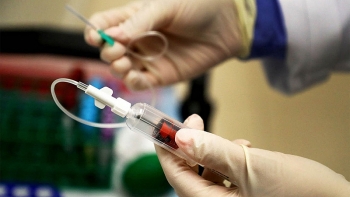 | Sputnik V's third stage of trials can be called mass vaccination, said Russian developers The trials will be carried out in the Moscow Region and some 20,000 - 30,000 people will get the vaccine. |
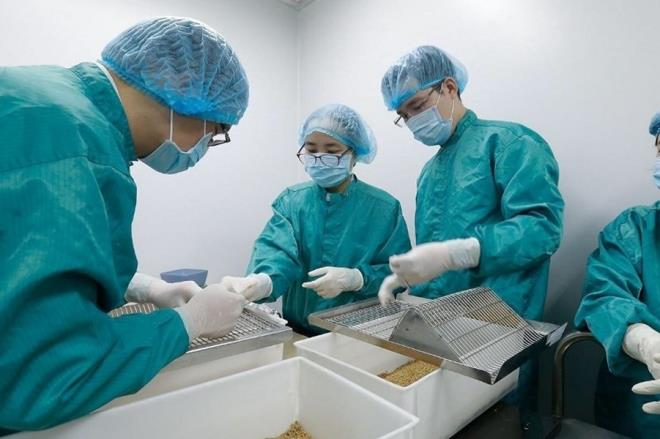 | Vietnam yet to purchase Russian Covid-19 vaccine, prepares to put indegious one on human trials The made-in-Vietnam vaccine has been confirmed to produce a good immune response against the novel coronavirus in animals and would be soon to put on ... |
Recommended
 World
World
US, China Conclude Trade Talks with Positive Outcome
 World
World
Nifty, Sensex jumped more than 2% in opening as India-Pakistan tensions ease
 World
World
Easing of US-China Tariffs: Markets React Positively, Experts Remain Cautious
 World
World
India strikes back at terrorists with Operation Sindoor
Popular article
 World
World
India sending Holy Relics of Lord Buddha to Vietnam a special gesture, has generated tremendous spiritual faith: Kiren Rijiju
 World
World
Why the India-US Sonobuoy Co-Production Agreement Matters
 World
World
Vietnam’s 50-year Reunification Celebration Garners Argentine Press’s Attention
 World
World

